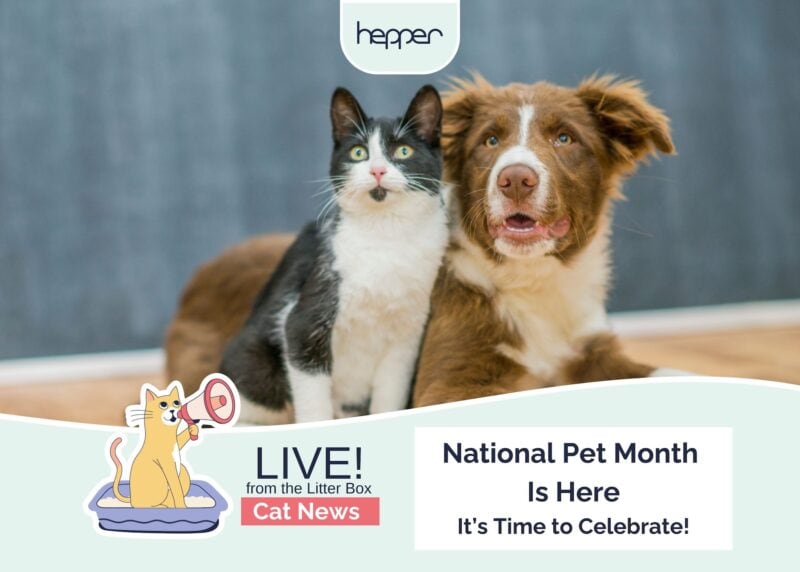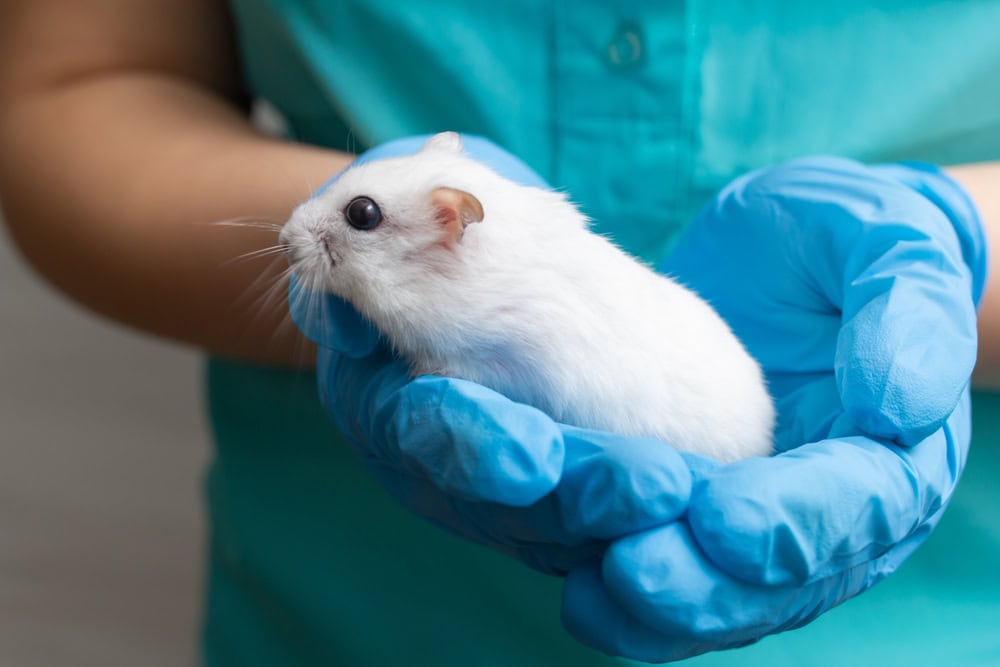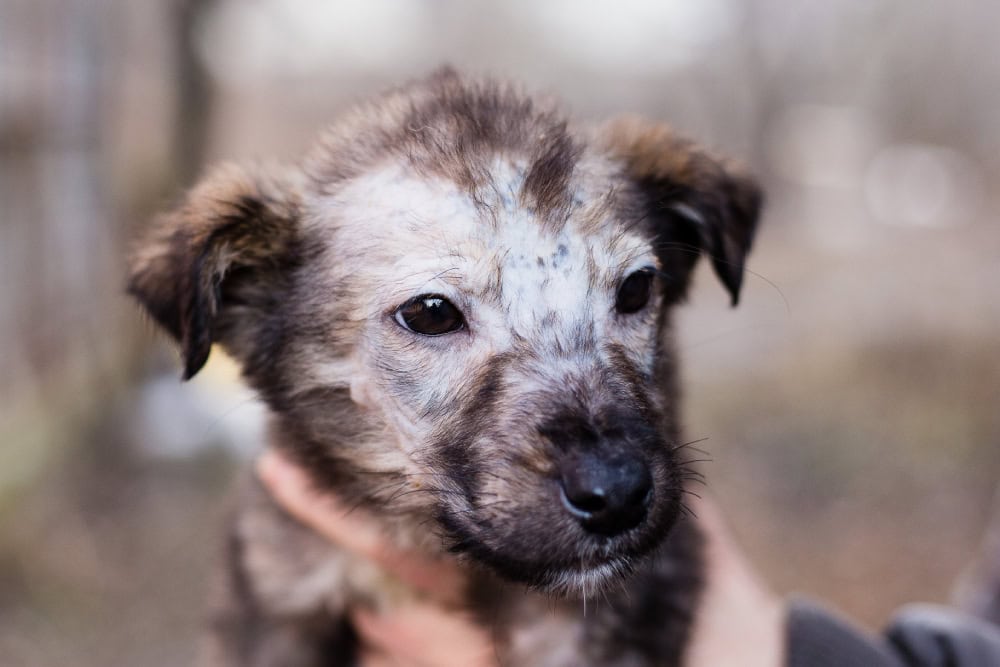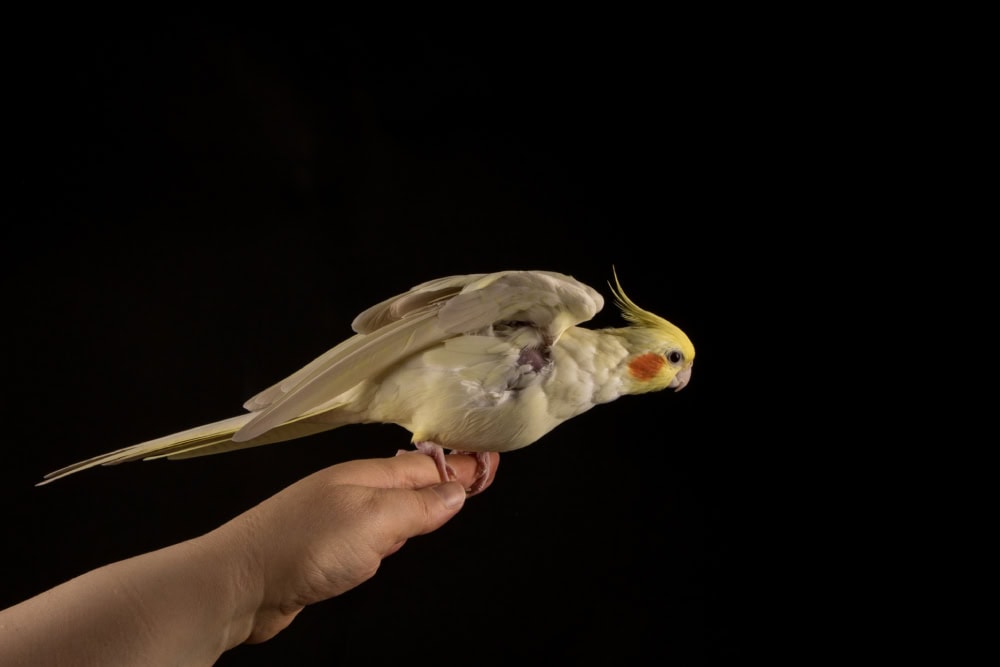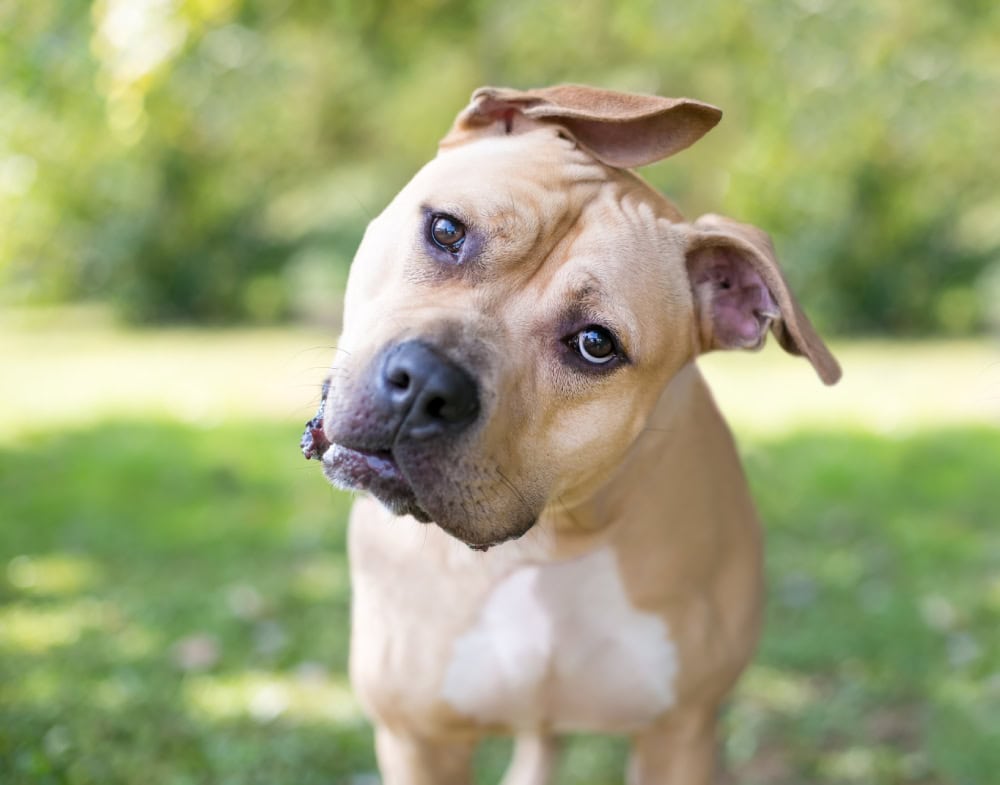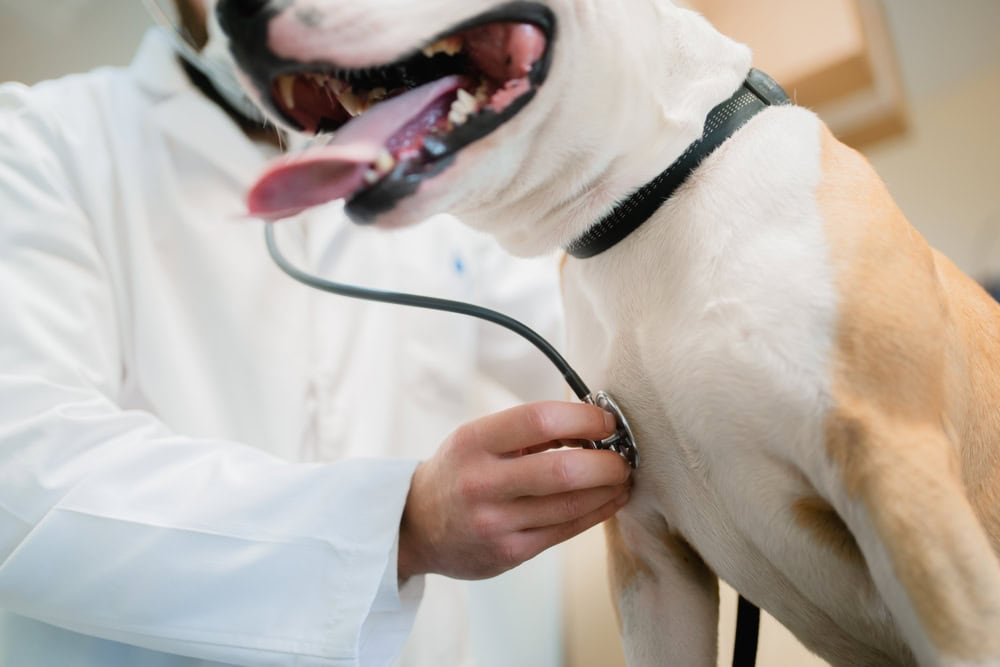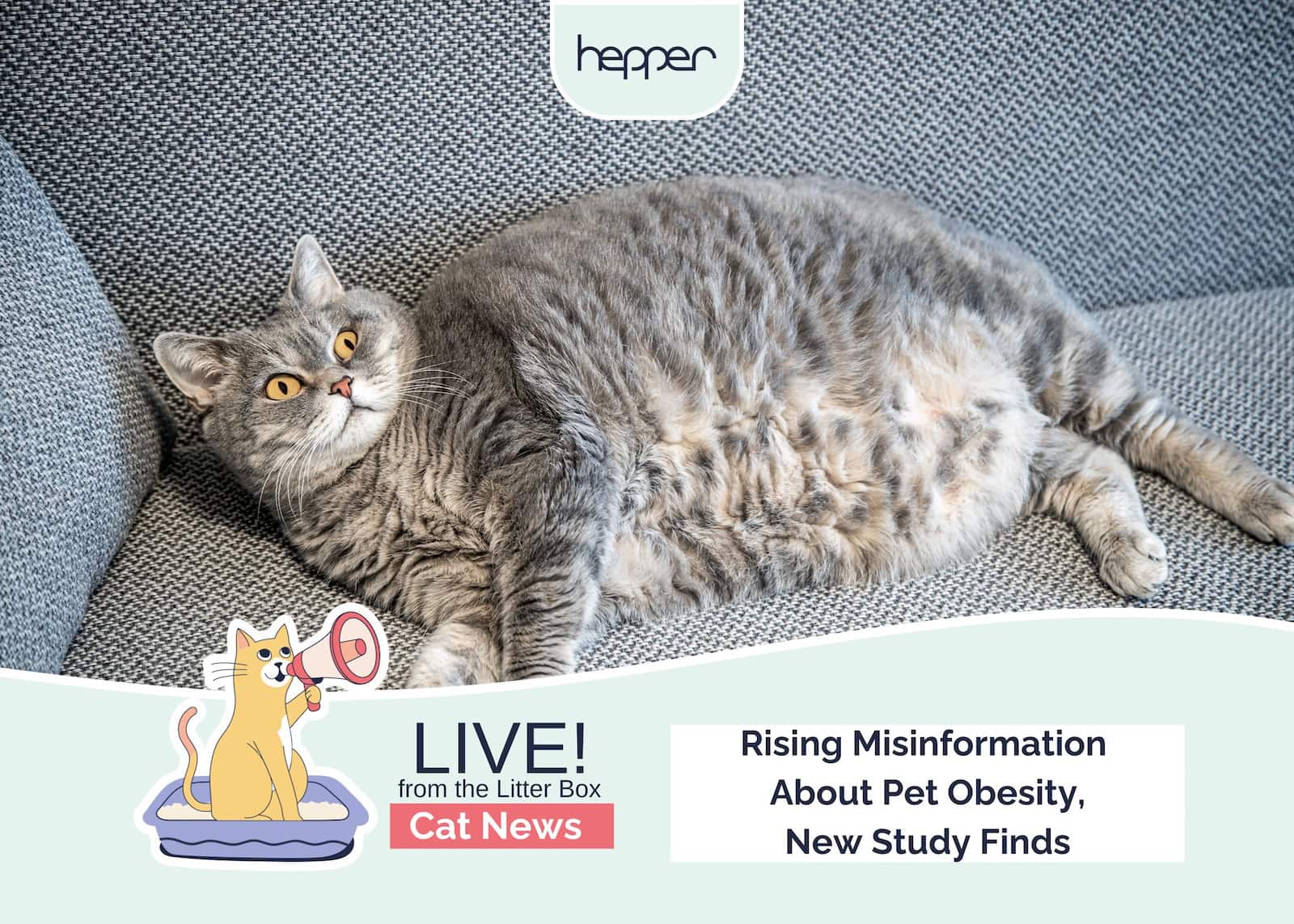
According to a new study, there’s serious trouble brewing in the pet world: pet obesity is on the rise, and pet owners increasingly don’t know what to do about it or who to turn to for help. The new research, sponsored by the Royal Canin pet food company, points to a growing disconnect between pet owners and the veterinarians who serve their communities.
What the Study Found
The study, which took place in March, surveyed over 14,000 cat and dog owners and 1,750 veterinary professionals in various countries around the world, including France, China, the UK, Mexico, and Spain.1
According to the study, although almost half of adult cats and dogs worldwide are overweight, about a quarter of pet owners say they don’t know what their pet’s ideal weight should be, and 19% of pet owners of all ages look for pet health information on social media. That number is even higher among the younger generations: 55% of Gen Z cat and dog owners find their information on social media.
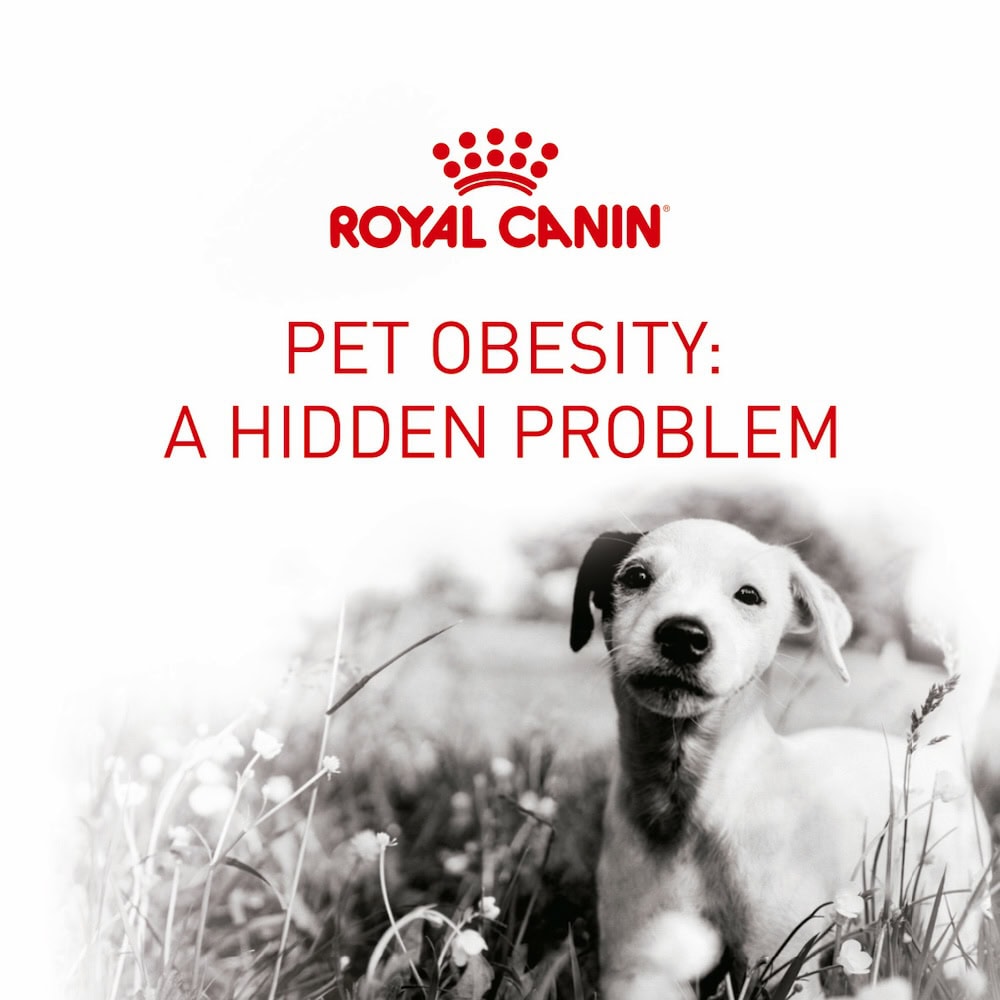
The Impact of Social Media
As we all know, social media can be a great source of everything from hilarious memes to quirky influencer cats to mental health-boosting cat videos. But unverified internet sources can quickly spread misinformation and endanger our pets.
So, with pet owners increasingly turning to social media over more verified sources for information on critical topics like nutrition and obesity, veterinarians are concerned about rising misinformation and how it might impact our pets.
45% of the vets surveyed agreed that pet owners underestimate the dangers associated with obesity and the factors that cause it, and a third believe that misinformation is making these conversations harder to have with pet owners. Meanwhile, 75% of pet owners surveyed said they feed their pets human food, and 31% believe that it doesn’t harm their pet. Of course, there is a vast difference between feeding your cat cheesecake versus broccoli or apples. But that doesn’t mean that raiding your pantry for cat treats is without risk.
Dr. Maja Platisa DVM MRCVS, one of our in-house veterinarians, says: “Cat and dog obesity is becoming a more frequent problem we see in clinical practice on a daily basis, and having this conversation with the pet owner, although it may appear unpleasant and awkward, is crucial. Maintaining your cat’s or dog’s ideal body weight is an important requirement for their ongoing health, and this topic should not be forgotten. Finally, we need to place focus on a no-blame culture when it comes to discussing obesity and educate the owners on how to best care for their pets’ health.”
Cat Nutrition & the Risks of Obesity
Cat nutrition is an undoubtedly complicated topic, and figuring out what (and how much) to feed your cat can be difficult.
It’s important to remember that obesity can cause quite a few serious health problems in cats, including:
- Diabetes
- Inflammation
- Osteoarthritis
- Urinary tract issues
- Shorter overall life expectancy
That’s why it’s crucial to recognize the signs of obesity in your cat and take steps to prevent them from gaining excessive weight. Tools like calorie calculators and body condition scores can help you make sure your cat is eating the right amount of food, and vet-reviewed feeding guides can help you choose the right kind of food.
Vet-recommended obesity prevention tips include eliminating free feeding, choosing high-protein cat food, reducing or eliminating treats (especially human foods), and encouraging play and exercise.
A New Initiative
Royal Canin’s answer to this concerning trend is a new initiative, using the hashtag #ScalingtheConversation, that aims to reconnect pet owners to professionals. The campaign specifically aims to connect with Gen Z cat and dog owners and will involve interactive and story-based content from veterinary behaviorists and nutritionists on TikTok, Instagram, and YouTube. The program launched at this year’s Vet Symposium in Montpellier, France, and was supported by panels on weight management and nutrition.
What can you do to help? In addition to following along on social media, you can help the cats in your life maintain a healthy weight. If you have concerns about your cat’s weight or nutrition, go straight to the best source of information: a veterinary professional!
- Royal Canin Consumer Multi-Market Survey conducted with Censuswide, 2025.
- Pet Food Industry
Contents
How useful was this post?
Click on a star to rate (you can leave written feedback after clicking submit)
Help us improve Hepper for pet parents!
Your feedback really matters.
What did you like about this post? Also how can we improve it?












